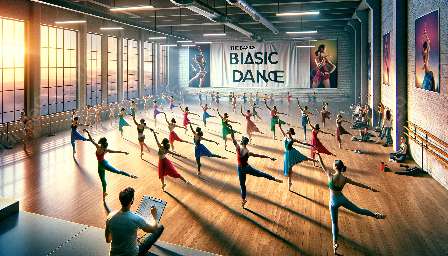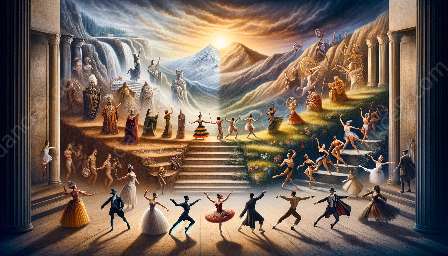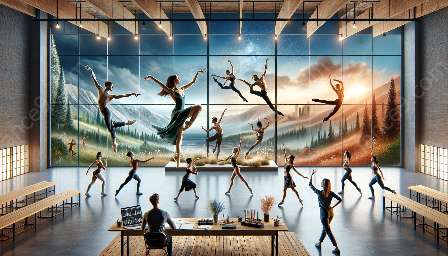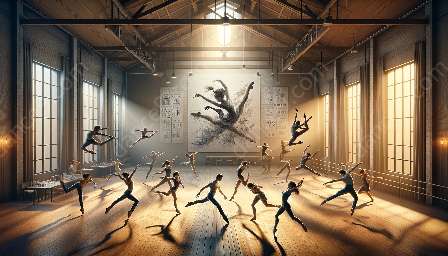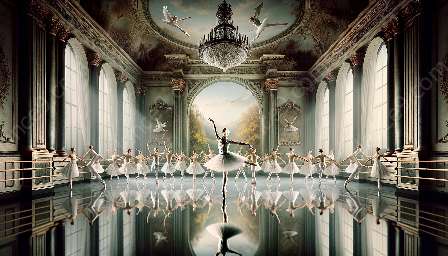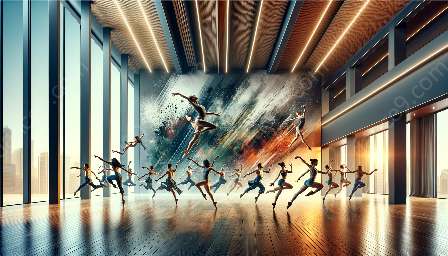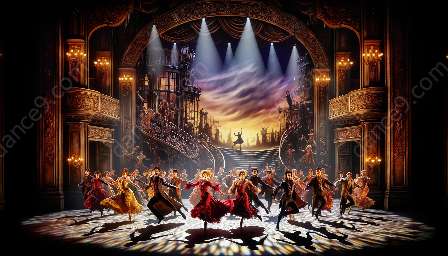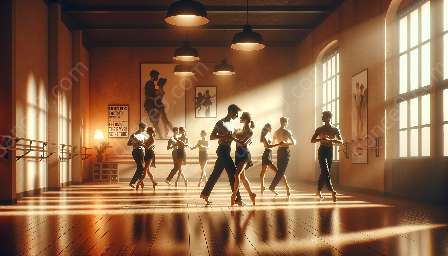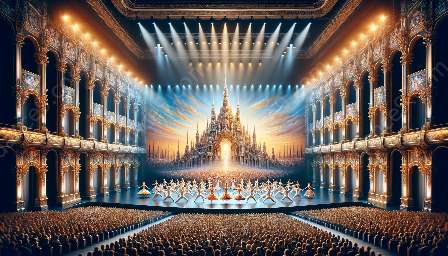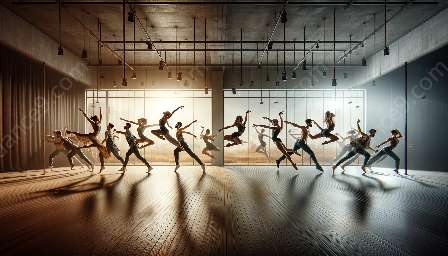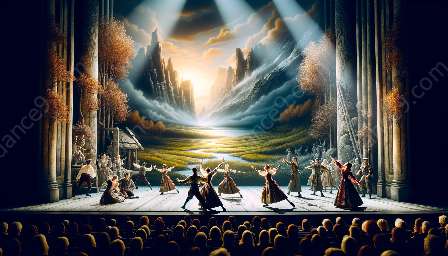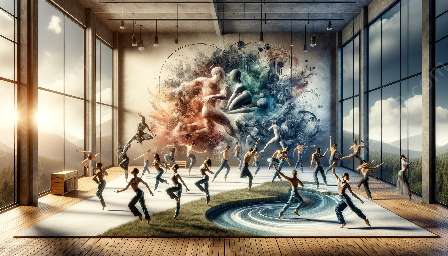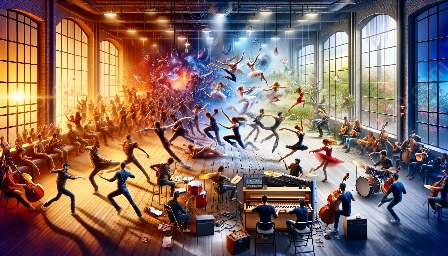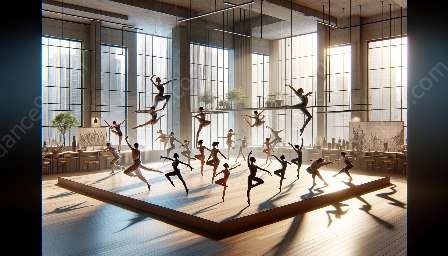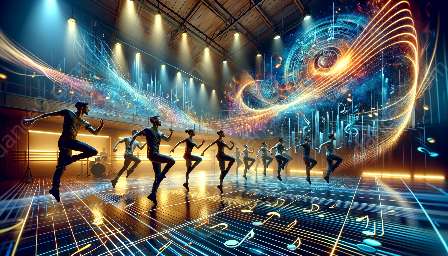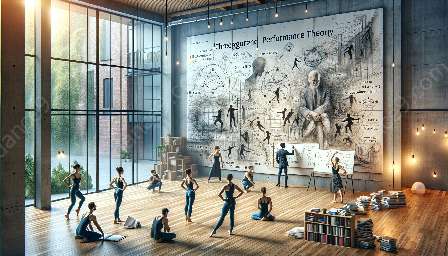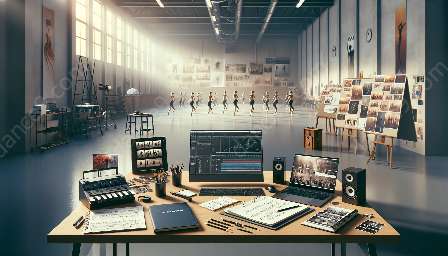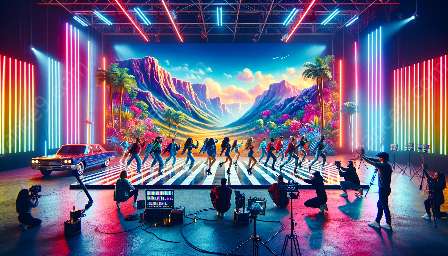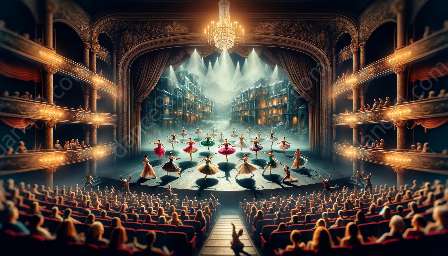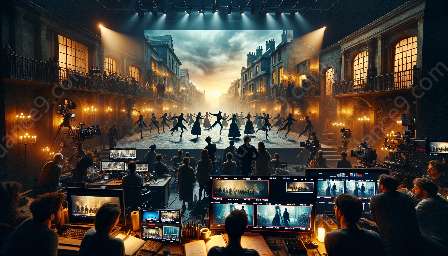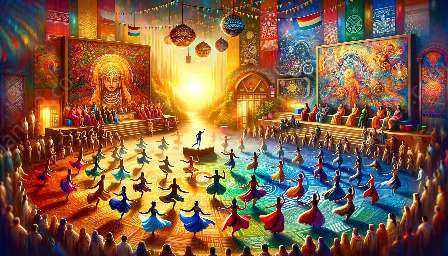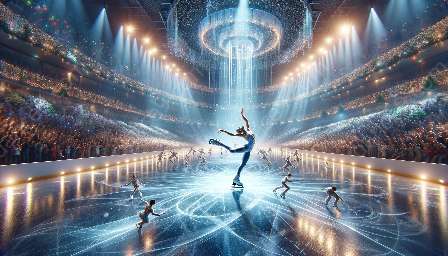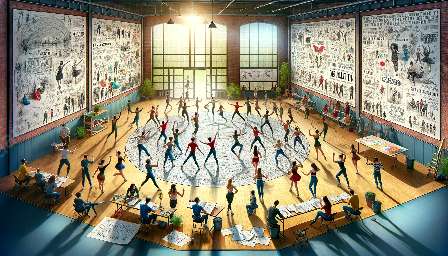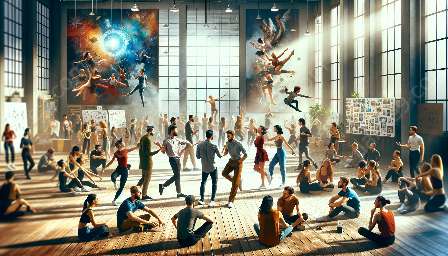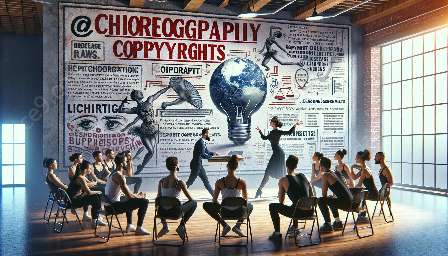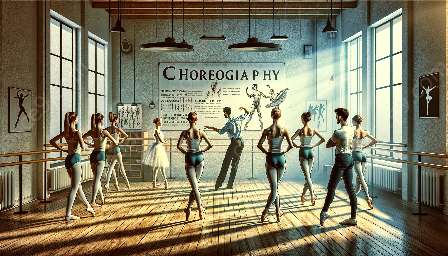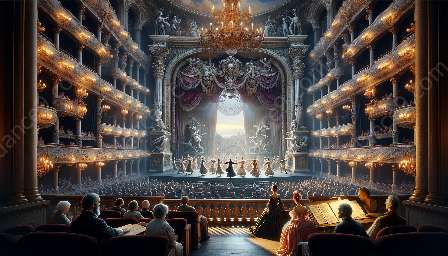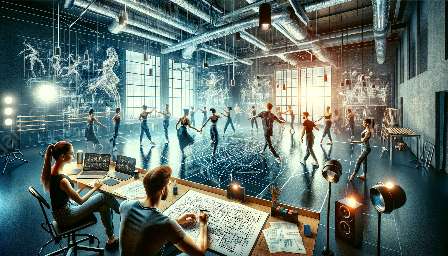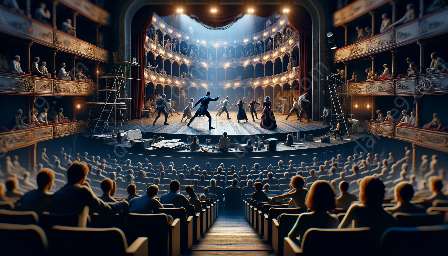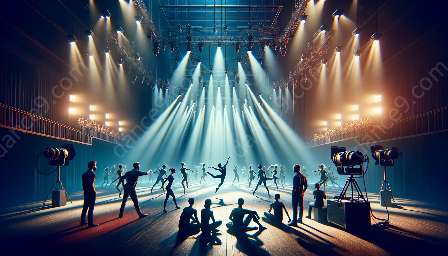Choreography and dance pedagogy are multifaceted domains that encompass the study of movement, artistic expression, and the transmission of knowledge and skills. Understanding the theoretical frameworks that underpin these disciplines provides valuable insights into the history, development, and contemporary practices of choreography and dance pedagogy.
Historical Perspectives
At the intersection of theory and practice, historical perspectives play a crucial role in shaping the evolution of choreography and dance pedagogy. The emergence of ballet in the Renaissance period, the influential modern dance movement of the 20th century, and the ongoing fusion of traditional and contemporary dance forms reflect the dynamic interplay between historical contexts and artistic expressions.
The Role of Theory in Choreography
Choreography, as the art of designing and arranging movements into a coherent dance piece, is deeply influenced by theoretical frameworks. This includes exploring the concepts of space, time, energy, and form, as well as delving into the psychological, emotional, and social dimensions of movement. Theories from diverse disciplines such as psychology, sociology, and cultural studies contribute to the rich tapestry of choreographic theory.
Intersection of Practice and Pedagogy
Theoretical frameworks in dance pedagogy encompass a wide range of approaches to teaching and learning dance. From the principles of movement analysis to the study of motor learning and development, pedagogical theories inform the design of effective dance education programs and methodologies. The integration of somatic practices, improvisation, and choreographic tools further enriches the theoretical landscape of dance pedagogy.
Contemporary Trends and Innovations
In contemporary choreography and dance pedagogy, innovative theoretical frameworks continue to shape the trajectory of these disciplines. Interdisciplinary collaborations, technology-driven explorations, and cultural diversity are amplifying the theoretical discourse, leading to new modes of expression and learning. Furthermore, the exploration of dance as a form of embodied knowledge and its intersection with societal issues adds layers of complexity to the theoretical landscape.
Impact on Artistic Expression and Education
Theoretical frameworks in choreography and dance pedagogy not only inform the creative processes of artists but also influence the educational practices within the dance community. By critically engaging with theoretical perspectives, dancers, choreographers, and educators can expand their artistic vocabularies, enhance their teaching methodologies, and contribute to the continual evolution of the field.

